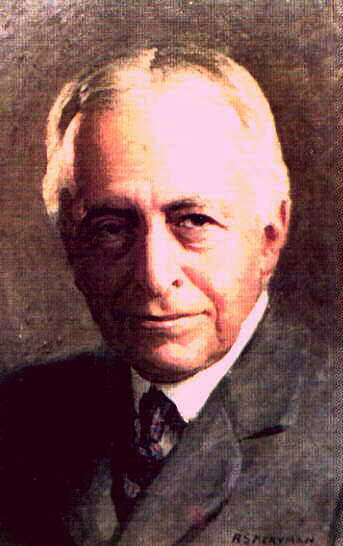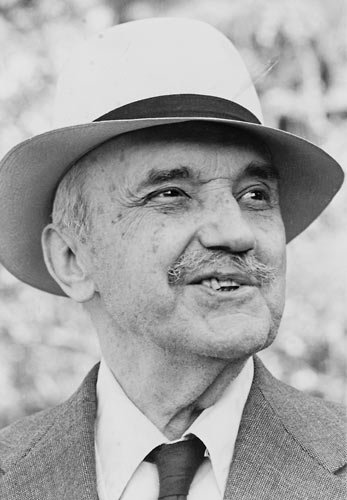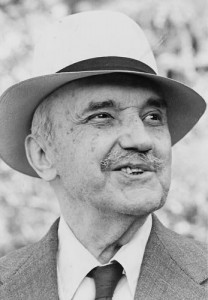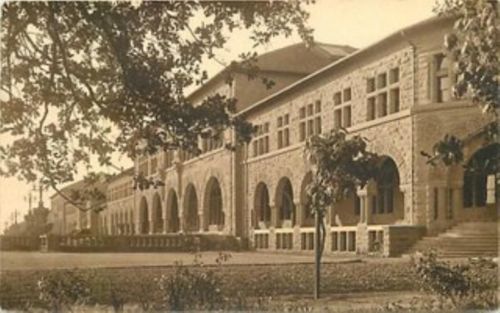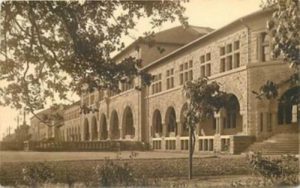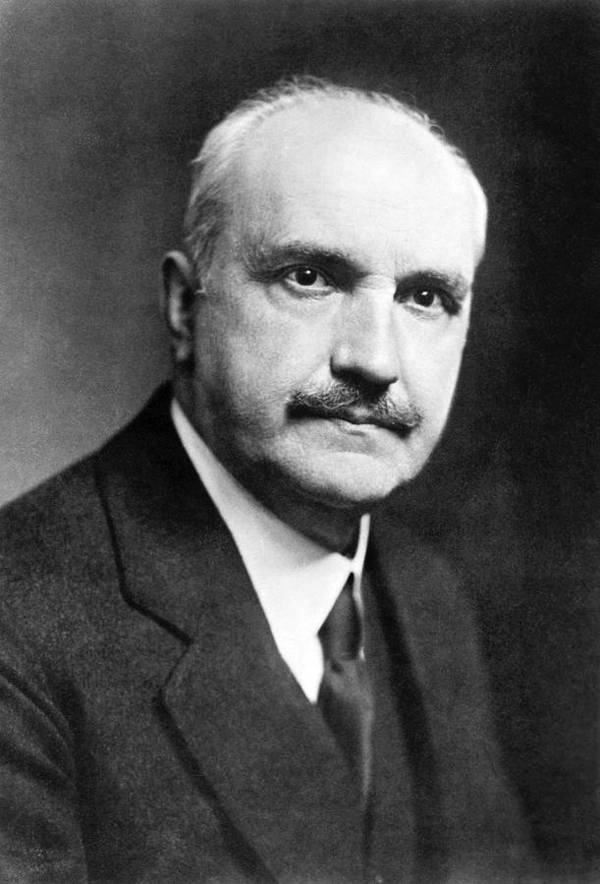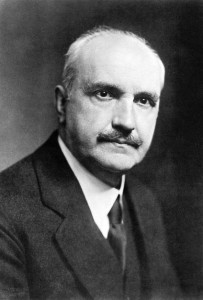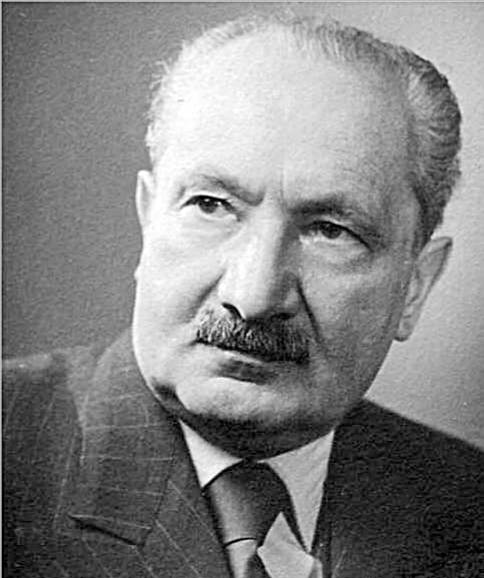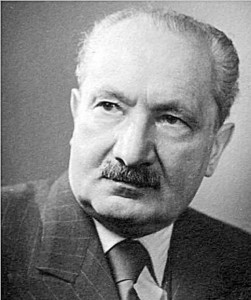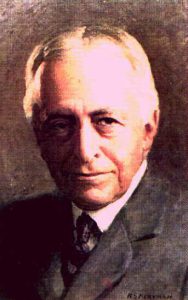 To Daniel MacGhie Cory
To Daniel MacGhie Cory
Rome. Christmas Day, 1933
What you say about Eliot’s lectures is exactly what I felt. He wasn’t inspired. He didn’t make the subject personal enough. If he had explained why Ezra Pound is “magnificent,” and why he himself would prefer an illiterate public for his poetry, it might have been enlightening: and he would have had plenty of occasions to show how this newly discovered essence of living poetry, which had been running underground from Guido Cavalcanti to Ezra Pound, was suppressed or possibly occasionally burst out unintentionally even in the interval. But Eliot is entangled in his own coils. How can he publish such an indecent article as that of Ezra Pound in this number of the Criterion, which I send today? And how can he suffer the crudities and absurdities of the article by Hoffman Nickeson to pass uncorrected? This article is interesting as a picture of Babbit; but grotesque as an exhibition of critical judgement.
Fourteen more chapters of The Last Puritan are finished and being typed. Shall I send you one copy to Bournemouth, or will the MS merely encumber your luggage, which must already be rather a nuisance? When the whole is done, I count on reading it all over with you, or asking you to send me your notes on it, before finally sending it to Constable and getting his opinion about immediate publication. There is therefore no need that you should bother about it now, if other things are on your mind I haven’t forgotten your comment on my “whiskered” phrases, like “acquatic exercise.” I am trying to humanize them: but sometimes they are meant humorously, [across ] and sometimes justified (when the author is speaking) for the sake of variety, rhythm, or colour. After all every word has a proper use sometimes.
From The Letters of George Santayana: Book Five, 1933-1936. Cambridge, MA: The MIT Press, 2003.
Location of manuscript: Butler Library, Columbia University, New York NY.

